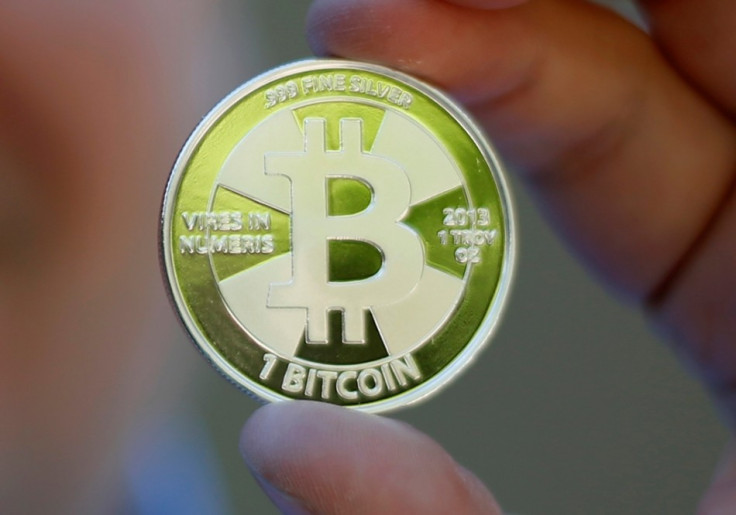EBA Warns Bitcoin and Other Virtual Currencies Are Risky

The European Banking Authority (EBA) has warned consumers on the risks of virtual currencies such as Bitcoin that is continuously gaining popularity among investors and merchants.
Using virtual currencies, which do not have the backing of any monetary authority, for payment may be risky as consumers are not protected through regulation and they may be at risk of losing their money, the EBA said.
"No specific regulatory protections exist that would cover you for losses if a platform that exchanges or holds your virtual currencies fails or goes out of business," the regulator said in a statement.
The European Union's regulatory agency that provides advice to EU institutions in the areas of banking, payments and e-money regulation, as well as on issues related to corporate governance, auditing and financial reporting noted that there are many risks associated with the buying, holding or trading of virtual currencies.
It noted that the unregulated exchange platforms through which trading in virtual currencies are being done are subject to hacking and may go out of business, resulting in substantial losses to consumers.
Furthermore, the digital wallets that are used to store digital currencies may be hacked and the money stored may be stolen. The EBA added that the use of virtual currencies for payment is not protected by refund rights, in comparison to transfers from a conventional bank or other payment accounts.
"You need to be aware that the value of virtual currencies has been very volatile and can easily go down as well as up," the EBA said, noting the risk related to the value of the currencies.
It added that the currencies may be misused for criminal activities such as money laundering and are subject to tax liabilities.
Be Safe With Virtual Currencies
"We recommend that, if you buy virtual currencies, you should be fully aware and understand their specific characteristics. You should not use 'real' money that you cannot afford to lose," the EBA said.
The authority added that consumers should exercise the same caution with their digital wallet as they would do with their conventional wallet. It advised consumers not to keep large amounts of money in their digital wallets for an extended period of time.
With regard to exchange platforms, the EBA advised consumers to familiarise themselves with the ownership, business model, transparency and public perception of them before using.
Rising Popularity of Bitcoin
The first ever Bitcoin ATM in the world was launched in a coffee shop in Vancouver, Canada, as the virtual money is getting popular among more businesses, consumers and investors.
The peer-to-peer virtual currency was launched in 2008 and is traded within a global network of computers. They can be transferred without going through banks or clearing houses, reducing fees involved in the services significantly.
The value of the virtual currency surpassed $1,000 (£610, €726) recently, as more and more businesses and consumers used the currency to buy and sell products and services.
Meanwhile, investors used the coin as a gold equivalent to hedge against currency fluctuations.
The currency is not backed by any government or companies.
Nevertheless, critics say that Bitcoins could be used for drug transactions, money-laundering and other illegal activities due to its near anonymity.
Earlier in October, US regulators shut down an online marketplace using Bitcoins named Silk Road on charges of buying and selling illegal drugs and regulators seized $3.6m worth of Bitcoins.
China, the world's second largest economy, has also barred its banks from Bitcoin transactions, noting that the virtual currency has no legal status.
© Copyright IBTimes 2025. All rights reserved.






















